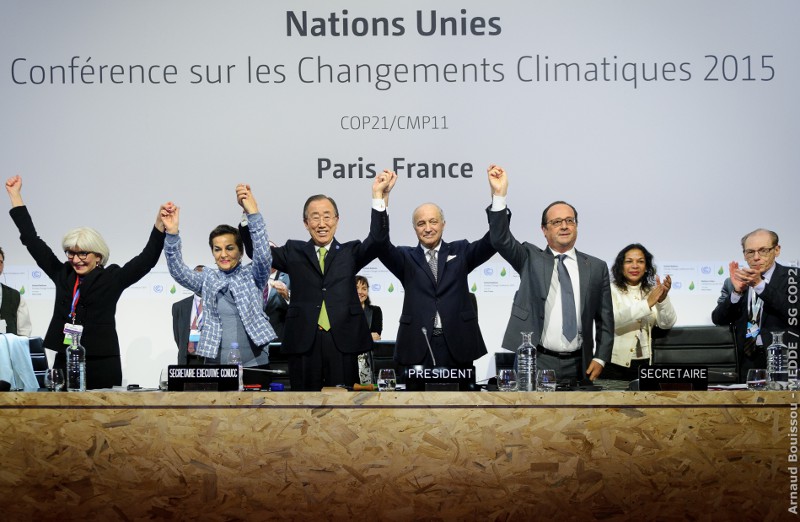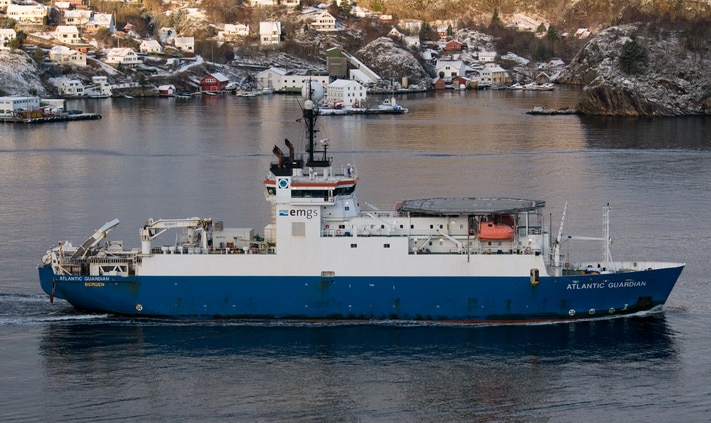According to analysts Morgan Stanley, the climate change deal signed in Paris in December 2015 is another nail in the coffin of the oil industry. Under the accord governments agreed to limit global warming to below 2°C, aiming for 1.5°C, and each participating country must outline how this will be achieved. Will this mean that some already found and indeed yet-to-find reserves will be left in the ground? And how should the already rather embattled industry react?
 United Nations Conference on Climate Change 2015. Paris, France.It would appear that in the short term, at least, the agreement may have little impact, partly because while the overall agreement is legally binding, much of it is not, including individual pledges to curb emissions and means of financing change. Substantial action is not expected until 2020, so the industry can expect to concentrate on the immediate issues surrounding the low oil price, watching until this induces consumption to rise sufficiently for the supply/demand imbalance to redress itself.
United Nations Conference on Climate Change 2015. Paris, France.It would appear that in the short term, at least, the agreement may have little impact, partly because while the overall agreement is legally binding, much of it is not, including individual pledges to curb emissions and means of financing change. Substantial action is not expected until 2020, so the industry can expect to concentrate on the immediate issues surrounding the low oil price, watching until this induces consumption to rise sufficiently for the supply/demand imbalance to redress itself.
However, industry is beginning to look at climate change issues on a longer term basis. For example, the International Petroleum Technology Conference in Qatar, coincidentally held concurrently with the Paris talks, included a forum on the topic, which was in itself evidence of how importantly it is viewed. Senior industry leaders discussed how CO2 emissions should be addressed by the industry, how they thought the Paris discussions would affect the business and how they were approaching the subject in their own organisations. There was much talk of cross-company collaboration on the development of technically possible and commercially feasible emissions-reducing technologies and the need for a consistent set of global priorities for the industry to sign up to.
There is definitely a wind of change in industry thinking, possibly as a result of a simple realisation that the topic has to be addressed and we should have a major role in influencing and guiding developments, rather than just letting them happen.





